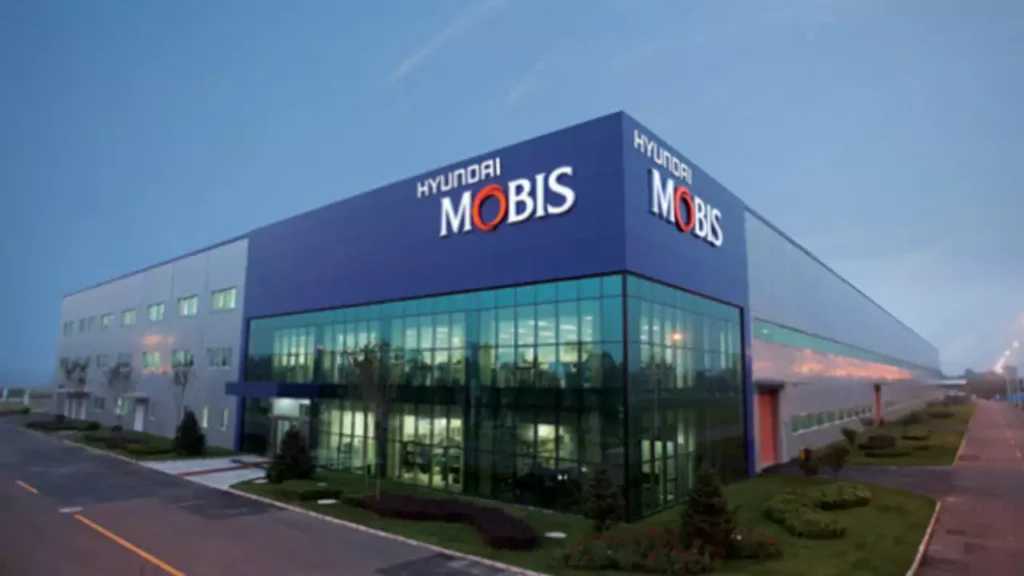Hyundai Mobis has taken an extra step towards carbon neutrality by utilizing low-carbon aluminum in its production processes for vehicles. As part of its 2045 net-zero vision, the South Korean auto component behemoth has entered into an agreement with Emirates Global Aluminum (EGA) to purchase 15,000 tons of solar-powered aluminum as part of a major move towards its sustainability plan.
Green Aluminum for a Greener Future
Aluminum is a crucial material in the manufacture of automobiles, especially in the attainment of the lighter mass of electric vehicles (EVs) and fuel efficiency. Nonetheless, traditional aluminum manufacturing releases plenty of carbon dioxide. Hyundai Mobis’ switch to solar-generated aluminum that only releases one-fourth of the carbon of normal aluminum alloys signifies its dedication to maintaining its carbon footprint minimal.
The firm confirmed on April 2 that it signed a deal with Dubai, UAE-based leading aluminum producer EGA. The deal guarantees a yearly supply of 15,000 tons of low-carbon aluminum, valued at 62 billion Korean won ($46.5 million). The amount represents more than 20% of Hyundai Mobis’ overall aluminum purchase last year, which was 67,000 tons.
Conquering Carbon Emissions with Solar-Powered Aluminum
Traditional smelting to produce aluminum is highly carbon-based, with production releasing about 16.5 tons of CO2 per ton of aluminum. In contrast, EGA’s solar-powered smelting for aluminum cuts down emissions dramatically to just 4 tons of CO2 per ton of aluminum. Including this green option, Hyundai Mobis is contributing significantly towards the greening of its supply chain. With the application of green aluminum, we are ensuring our commitment to sustainability and pro-activeness in accordance with world environmental regulation,” Hyundai Mobis Senior Vice President of Purchasing Sun-woo Lee added.
Enhancing ESG Commitment and Global Compliance
The transformation towards sustainable material is as much a driver for the environment as it is business strategy. Because the European Union is going to implement the Carbon Border Adjustment Mechanism (CBAM) in full from 2026 onwards, Hyundai Mobis is well-positioned to resist regulatory effects. CBAM puts a carbon charge on high-carbon imports coming into Europe such as steel, aluminum, and cement. With the use of low-carbon aluminum, Hyundai Mobis plans to compete on a worldwide scale and follow worldwide climate standards.
In response to regulatory need in addition, the shift is a complement to Hyundai Mobis’ broader ESG strategy. Hyundai will be accelerating the deployment of sustainable material throughout all manufacturing operations, opting for green substitutes in key auto parts like chassis and bodywork structures.
Apart from this initial agreement, Hyundai Mobis will also forge a long-term strategic alliance with EGA by the first half of 2025. The alliance will provide a stable and organized supply of low-carbon aluminum, further strengthening Hyundai Mobis’ leadership role as a sustainable car production company.
By placing highest priority on the use of green materials, Hyundai Mobis not only accelerates its efforts towards carbon neutrality but also leads the way as a green mobility industry leader. As automakers around the globe are shifting toward sustainable mobility, Hyundai Mobis’ move indicates the growing need for sustainable supply chains in building the future of transportation.

